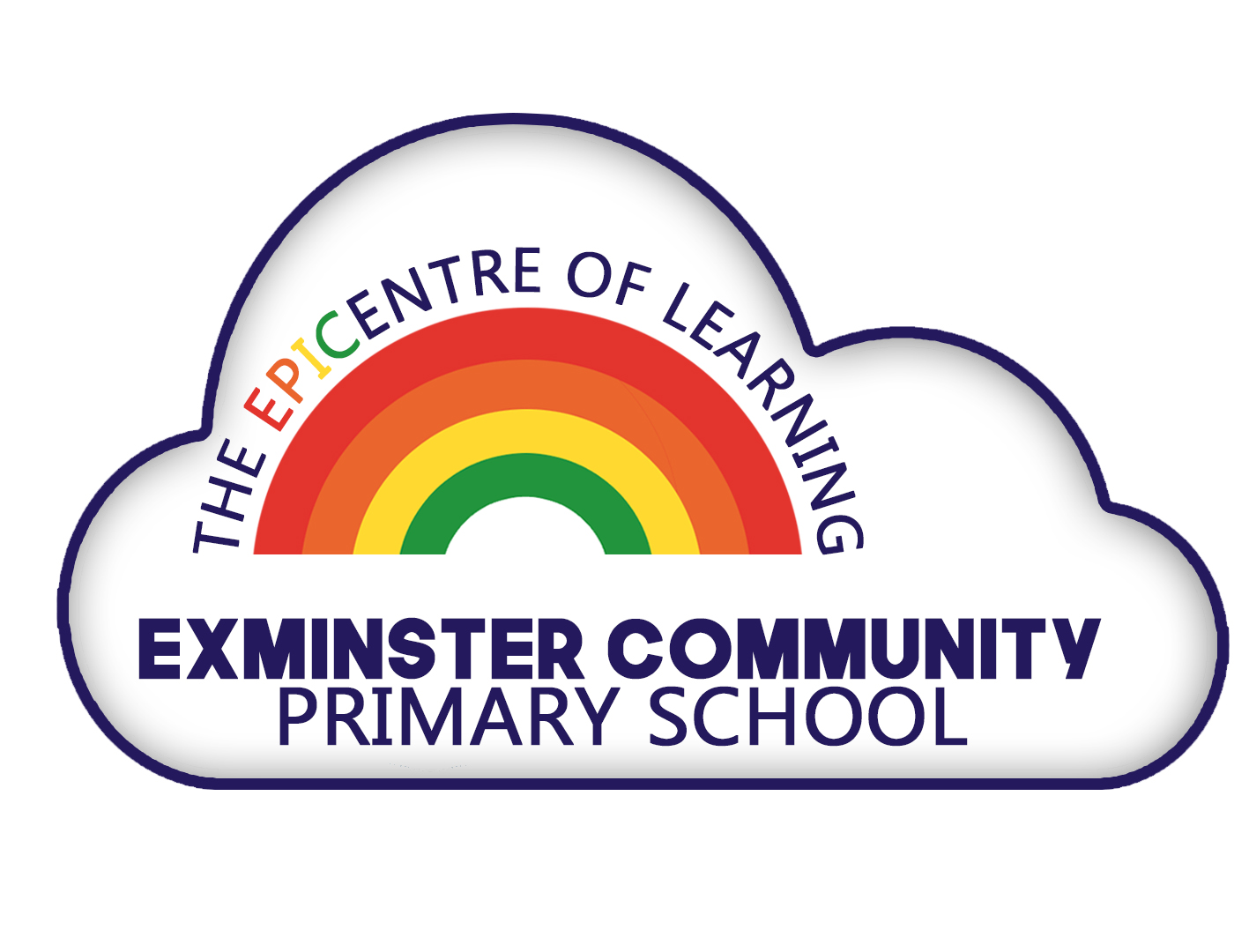Intent:
When learning Geography here at Exminster, we want to foster awe and wonder, facilitate connections and contrasts and encourage the children to question and challenge others from their classrooms to international scales. We seek to inspire in children a curiosity and fascination about the world and its people which will remain with them for the rest of their lives; to promote the children’s interest and understanding of diverse places, people, resources and natural and human environments, together with a deep understanding of the Earth’s key physical and human processes and how they are interconnected.
We want children to be active citizens in the world, having an understanding of issues such as climate change, deforestation and Fair Trade and how they can change the future world they live in and generations after them. This will be achieved through a variety of teaching and learning methods which inspire and engage the children, extra-curricular activities and the sharing and participation of local and national events.
We want the children to enjoy and love learning about geography both inside and outside the classroom, including educational visits to develop fieldwork and to practice their geographical skills. Our fieldwork curriculum has been carefully designed to take advantage of the variety of physical and human Geography opportunities in the children’s locality, local city and further afield. Planned progression builds upon their prior knowledge and fieldwork skills as they discover more about the world around them and the role they play within it. The children will feel a sense of purpose and ownership in the enquiries they undertake, addressing their interests. They will to be able to communicate their learning in a variety of ways from sketch maps with a key and diagrams, digital graphing and written outcomes to blogs, debates and responses to Geographical issues in the news.
We teach a curriculum that enables children to become confident Geographers who:
- Develop contextual knowledge of the location of globally significant places;
- Understand the processes that give rise to key physical and human geographical features of the world and how these are interdependent;
- Are competent in Geographical skills needed to undertake field and map work;
- Collect, analyse, interpret and communicate their findings from lines of enquiry;
- Become critical thinkers: questioning and challenging ideas.
Implementation:
Teachers are resourced with:
- Knowledge mats which outline key vocabulary, sticky knowledge and visuals;
- Geographical skills progression document available on our shared drive;
- A yearly overview carefully planned for progression of skills and National curriculum coverage, outlining previous learning to be built upon;
- Online graphing resource (Digimap subscription);
- Oddizzi subscription (Geography website children can access within school or at home);
- Useful resources signposted from websites such as Royal National Geographic Society
Impact:
Our Geography Curriculum is high quality, well thought out and is planned to demonstrate progression. If children are keeping up with the curriculum, they are deemed to be making good
- A reflection on standards achieved against the planned outcomes;
- Pupil conversations termly about their learning;
- A celebration of learning for each term which demonstrates progression across the school;
- Tracking of learning in termly quizzes.
